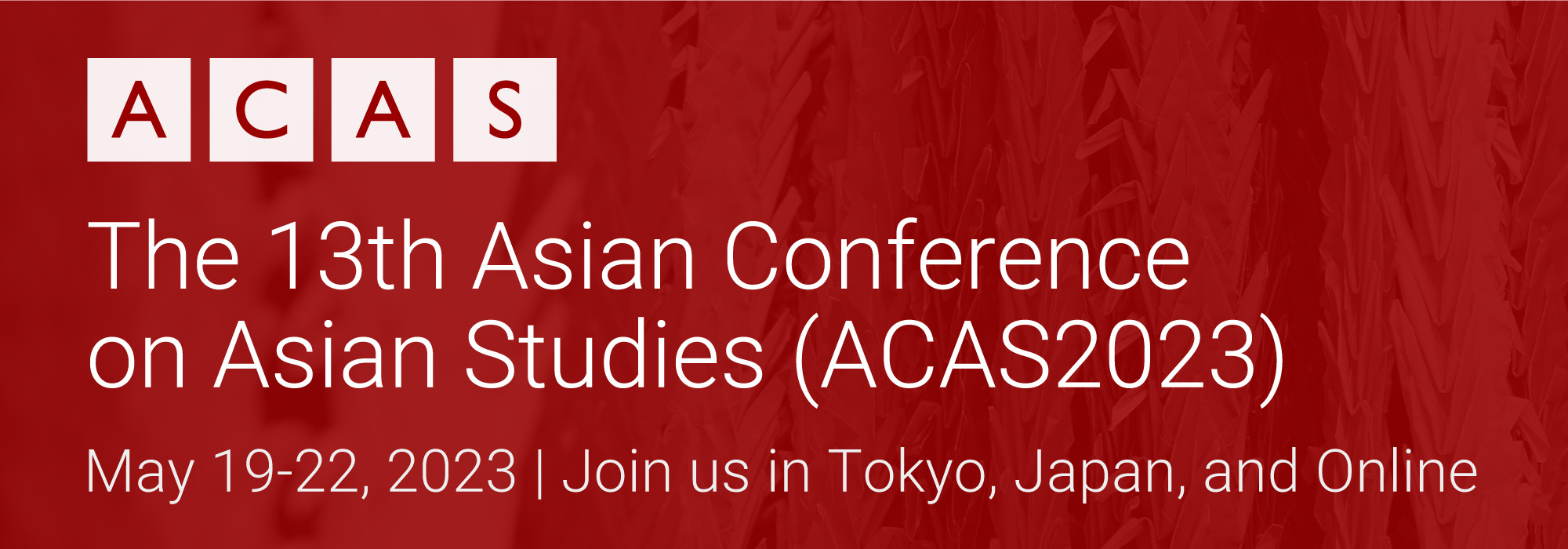Reversed Agenda-setting in the Xuzhou Chained Woman Incident: Dynamics Between Citizen Journalists, Mainstream Media, Netizens, and a Multi-levelled Government (70729)
Session Chair: Qingning Wang
Sunday, 21 May 2023 09:55
Session: Session 1
Room: Room 707
Presentation Type:Oral Presentation
States with centralized political power often censor journalism content and a softer version involves practices of framing and agenda-setting by newsroom senior editorial. The rise of social media and citizen journalism make censorship more porous. This research analyzes the interactions between official media and citizen journalism in the case of the Xuzhou chained woman incident in China. In January 2022, video of a mother in shabby condition chained in a hut next to a family with eight children went viral on Tiktok. Local officials responded to netizens’ concern stating that the woman is legitimately married, but was mentally ill and locked-up to avoid disturbing family members during Chinese New Year celebrations. However, citizen journalists (some are ex-journalists) actively investigated and reported potential evidence of human-trafficking. County-level officials denied. Mainstream media kept endorsing the mental-illness narrative and their reports were shared by national advocacy groups and unofficial government mouthpieces. Further investigations by citizen journalists showed inconsistencies with official statements and heightened public queries and discontent. The authorities arrested some citizen journalists, but ultimately coped with netizens’ rage by recognizing the problem of human-trafficking, distancing the responsibility of county-level with higher-level government, and taming social media frenzy by appreciating netizens’ concern as ‘care for society’. This research illustrates the dynamics between citizen and mainstream journalism, netizens, and a multi-levelled government, and has implications on the power of citizen journalists in reversed agenda-setting, how officials tame netizen discontent, and the negotiation of ‘proper’ online expression of public concern in social incidents.
Authors:
Ho Man Tang, Hong Kong Baptist University, Hong Kong
Li Siyu, Hong Kong Baptist University, Hong Kong
Chen Ziyu, Hong Kong Baptist University, Hong Kong
Liu Yushan, Hong Kong Baptist University, Hong Kong
About the Presenter(s)
Mr Ho Man Tang is a University Assistant Professor/Lecturer at Hong Kong Baptist University in Hong Kong
See this presentation on the full schedule – Sunday Schedule





Comments
Powered by WP LinkPress